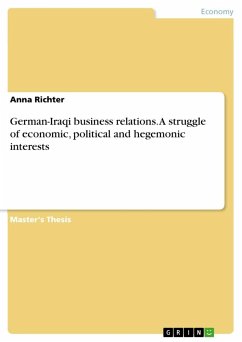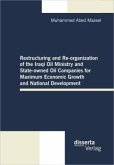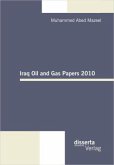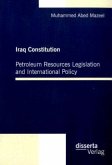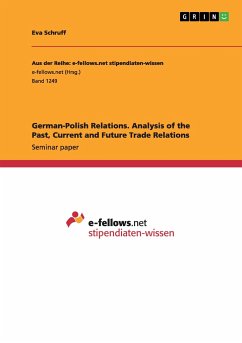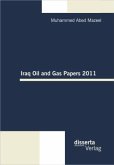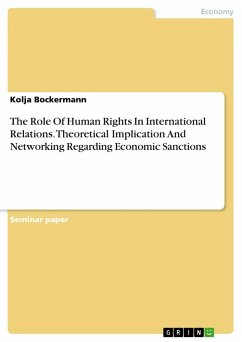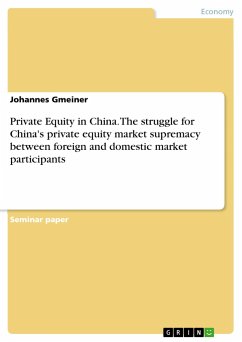Master's Thesis from the year 2016 in the subject Economics - International Economic Relations, grade: 1,0, Friedrich-Alexander University Erlangen-Nuremberg, language: English, abstract: The Middle East is an enormous market for Germany, a highly specialized export nation. The label Made in Germany enjoys an excellent reputation worldwide, particularly in the Middle East, where it is often understood as a guarantor for high quality. German exports to the Middle East reached 34.33 billion EUR in 2014, growing by over 9% since 2013, despite decreasing exports to Iraq and Yemen. Abdulaziz Al-Mikhlafi, Secretary General of the German-Arab chamber of trade, encourages German companies to perceive the region as a partner and industrial location, instead of reducing it to a mere export market."While competitors from China, Japan and Korea are eager to invest, German companies are more hesitant."The Arab World is a vast market offering promising returns to companies active in the region. Many Arab countries are investing massively in infrastructure, electricity, health, education and the water-sector. One country in desperate need of reconstruction is Iraq. Iraq is facing the challenge to rebuild its economy and to overcome political instability and terror with the help of immense natural resources.The Iraqi economy is characterized by drastic ups and downs. Between 1840 and 1915 in the latter phase of Ottoman rule, the Iraqi region slowly incorporated into the world's economy, exporting agricultural products and raw materials. Under British administration, the run for Iraqi oil began, leading to large British investments in this sector. After independence Iraq slowly grew to become a striving middle income country by the 1970s, with high growth rates and sizable foreign assets. Since then Iraq has fallen into debt and chaos facing a series of wars and political upheavals. Correlated to the domestic Iraqi' economy, German-Iraqi business relations have flourished and ceased to zero.Iraq, nowadays a country of 35.9 million inhabitants, still holds potential for foreign business. Iraq is estimated to have the third largest oil reserves in the world after Saudi-Arabia and Iran. The concrete number of proven reserves, provided by OPEC is 143,069 mil. barrels. Immediately after the Iraq War, investors from all over the world were on the qui vive to secure themselves a share of the lucrative reconstruction projects. However, the political instability and the poor security situation prevented many German firms from operating in Iraq.In this book the key drivers behind German-Iraqi commerce will be examined.
Hinweis: Dieser Artikel kann nur an eine deutsche Lieferadresse ausgeliefert werden.
Hinweis: Dieser Artikel kann nur an eine deutsche Lieferadresse ausgeliefert werden.

